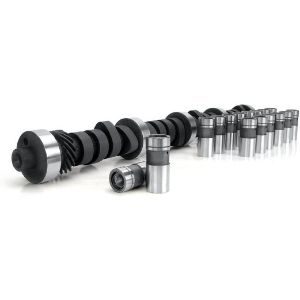

Nearly all LS motors were manufactured with high airflow aluminum cylinder heads, even in truck applications. The lower section of the block incorporates deep side skirts along with 4-bolt cross-bolted main bearing caps and a structural cast aluminum oil pan. LS engines enjoy several notable improvements over previous generations of small blocks. There is almost no parts interchange between the LS and LT families.Īll cars sold with LS motors were equipped with aluminum blocks while most trucks received cast iron blocks.

Likewise, while GM engineers clearly took design inspiration from the LS motor when creating their 5th Generation "LT" Small Block in 2014, it was predominantly a new design. LS motors share no interchangeable parts except connecting rod bearings with the Gen 1/2 Small Block Chevrolet engines. Most components interchange between these Gen 3 and Gen 4 motors. LS engines were a clean sheet modular design. The original RPO code "LS1" is still sometimes used, if not confusingly, to describe the entire Gen 3/Gen 4 engine family. Sometimes referred to as an "LSx", with the lower case "x" standing in for one of the many RPO code variations of the motor, the term can cause confusion since GM now sells an aftermarket LS cylinder block named "LSX" with a capital "X". The term "LS engine" is used to describe any Gen 3 or Gen 4 Small Block Chevrolet, including those that do not specifically include "LS" as part of their RPO code. The "LS" name originates from the engine RPO code of the first Gen 3 small block, the LS1, introduced in the 1997 Corvette. The name evolved from the need to differentiate the Gen 3/Gen 4 small blocks from the original Gen 1/Gen 2 small blocks released in 1954, which are commonly referred to as "Small Block Chevrolets". "LS engine" is the colloquial name given to the 3rd and 4th generation small-block V-8 gasoline engine used in General Motors' vehicles.


 0 kommentar(er)
0 kommentar(er)
